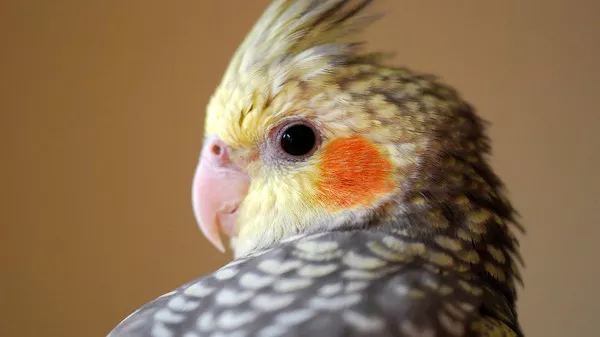Cockatiels, with their vibrant plumage and charming personalities, have become popular pets around the world. These delightful birds bring joy and companionship to their owners, but when it comes to deciding whether to have one or two cockatiels, pet enthusiasts often find themselves pondering the pros and cons of each option. In this article, we will delve into the world of cockatiels and explore the advantages and considerations of having either one or two of these feathered companions.
The Social Nature of Cockatiels:
Cockatiels are highly social creatures that thrive on interaction and companionship. In the wild, they form flocks and bond with other cockatiels for various reasons, such as protection, communication, and grooming. As pets, cockatiels seek the same social connections with their human caregivers and can form strong bonds with their owners.
The Case for a Single Cockatiel:
Bonding and Social Interaction: Having a single cockatiel allows for a stronger bond between the bird and its owner. With undivided attention and focused interaction, a single cockatiel is more likely to develop a deep connection with its human companion. This strong bond can lead to better communication, trust, and a more enriching pet-owner relationship.
Time and Commitment: Owning a single cockatiel requires less time and commitment compared to having two. Caring for a pet bird demands attention, training, and maintenance of their environment. With one cockatiel, you can provide individualized care and ensure their emotional and physical needs are met without dividing your attention between multiple birds.
Noise Level and Space: Cockatiels are known for their vocal nature. A single cockatiel is generally quieter compared to a pair. If you live in an apartment or have close neighbors, a single cockatiel may be a more suitable choice to avoid potential noise-related disturbances. Additionally, a single cockatiel requires less space, making it easier to accommodate their cage and play area in your home.
The Benefits of a Pair of Cockatiels:
Companionship: Cockatiels are flock animals by nature, and having a pair allows them to engage in natural behaviors and socialize with their own kind. A bonded pair of cockatiels can provide each other with constant companionship, reducing the chances of loneliness and boredom. They can preen each other, engage in playful activities, and communicate in their unique chirping language.
Mental Stimulation: Two cockatiels can provide mental stimulation to each other, engaging in interactive behaviors such as mimicry and learning from one another. This can lead to increased cognitive development and a more active and curious demeanor. When provided with an enriched environment, a pair of cockatiels can exhibit more natural behaviors and lead healthier, more fulfilling lives.
Long-term Considerations: Owning a pair of cockatiels allows for a smoother transition if one bird passes away. Losing a beloved pet can be devastating, but a remaining cockatiel may find solace in the company of its companion. Introducing a new bird to a lone cockatiel can be challenging, and there is no guarantee of compatibility. Having a pair already established ensures a continued sense of security and companionship for the surviving bird.
Conclusion:
Deciding whether to have one or two cockatiels ultimately depends on your personal circumstances, preferences, and ability to provide the necessary care and attention. A single cockatiel allows for a stronger bond with its owner and requires less time and space. On the other hand, a pair of cockatiels can provide each other with constant companionship and mental stimulation. Remember that cockatiels, regardless of their number, need love, care, and a stimulating environment to thrive. Whether you choose to have one or two, these charming birds are sure to bring joy and brighten up your life.
Recommended reading:

























